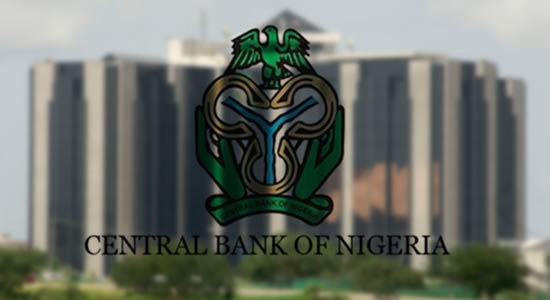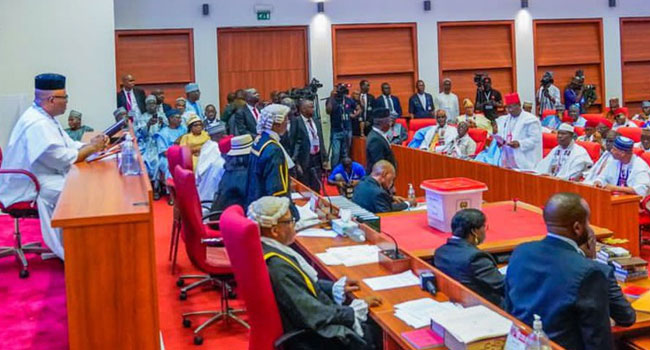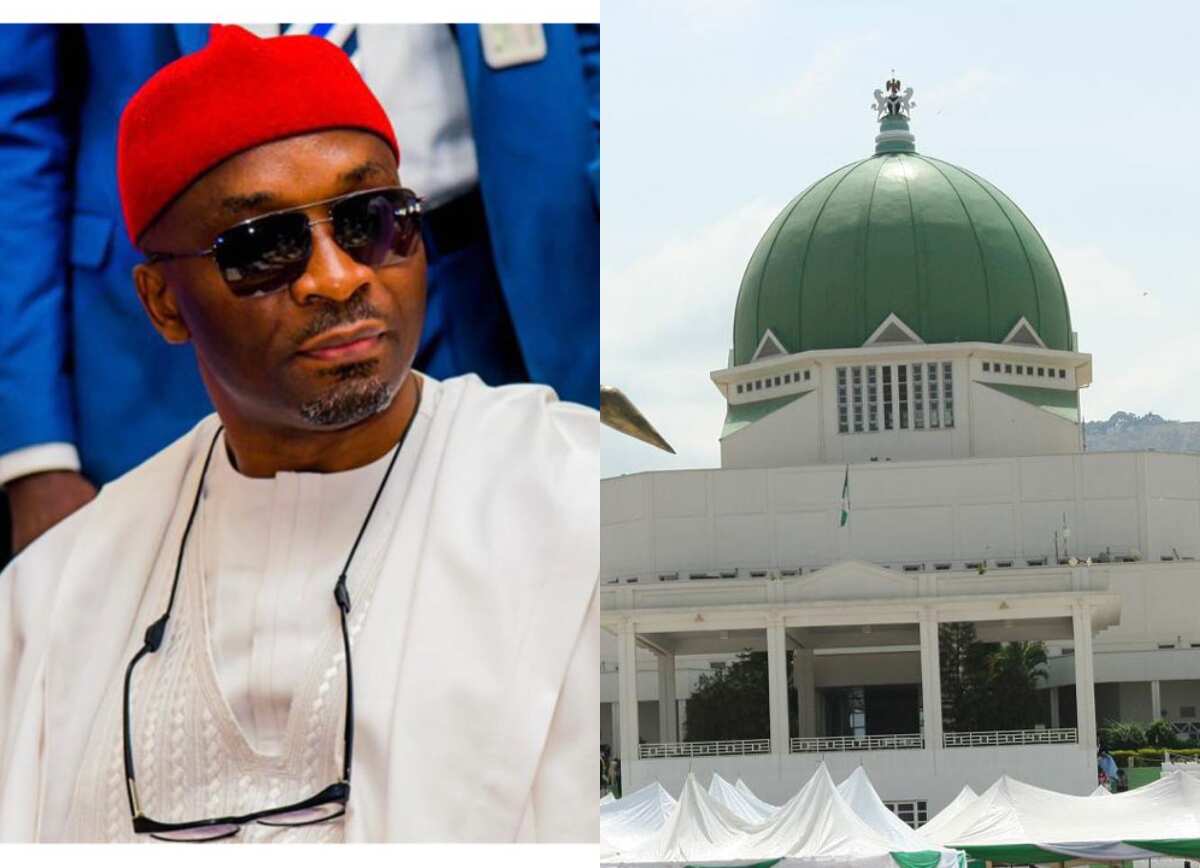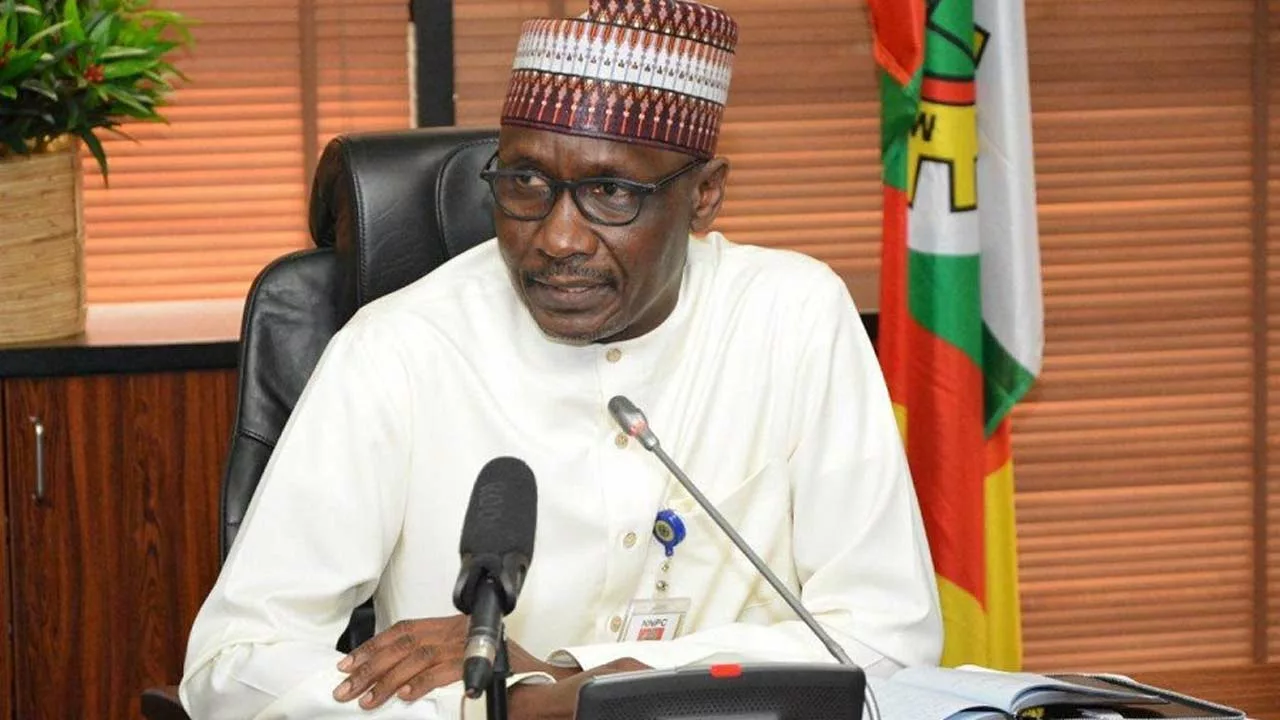Nigeria’s foreign exchange (FX) reserve has experienced a sharp decline by approximately $1.02 billion within 18 days, as the Central Bank of Nigeria (CBN) continues its aggressive defense of the naira. On March 18, 2024, the FX reserves stood at $34.45bn, but by April 3, it had plummeted to $33.50bn, based on the latest data from the CBN. Prior to the current decline, the reserve had been steadily growing, witnessing a remarkable 43-day surge between February 5 and March 18, 2024, during which it appreciated by $1.28bn. The apex bank attributed this rise to increased remittance payments from Nigerians abroad and heightened interest from foreign investors in local assets, including government debt securities.
Additionally, reforms in the foreign exchange market and an increase in oil production contributed to the reserve growth.
However, the downward trend reflects a significant drawdown in the reserves, which have been depleting since March 18, when they peaked at $34.45 billion. The reserves dropped to $34.39 billion on March 19 and continued to fall steadily, hitting $33.57 billion by April 2, and further sliding to $33.43 billion by April 4. This marks a decline of $1.02 billion within 18 days, indicating the pressure on the reserves amid ongoing efforts to stabilize the local currency.
The CBN has been actively intervening in the foreign exchange market to shore up the naira, which has been under pressure from various economic factors. This intervention often involves the sale of dollars to ensure sufficient liquidity in the market, an action that has likely led to a decrease in FX reserves.
Within the 18 days period under review, the CBN made two significant announcements. First, it declared the complete clearance of the valid foreign exchange backlog. Second, it facilitated the sale of foreign exchange to Bureau De Change operators in Nigeria at an exchange rate of N1,251/$1.
Usually, Nigeria’s foreign exchange reserve reflects the country’s balance of payments and its ability to meet international obligations. A significant decline in reserve can wear down investor confidence and potentially lead to a credit rating downgrade, which would further impact the nation’s borrowing costs.
The International Monetary Fund (IMF) recently projected that Nigeria’s foreign reserve would experience a significant decline, plummeting to $24bn by 2024. The IMF foresaw a challenging period for Nigeria’s financial account through 2024–25, propelled by the absence of new Eurobond issuances, substantial repayments of existing funds and Eurobonds totaling $3.5bn, and continued portfolio outflows.





















